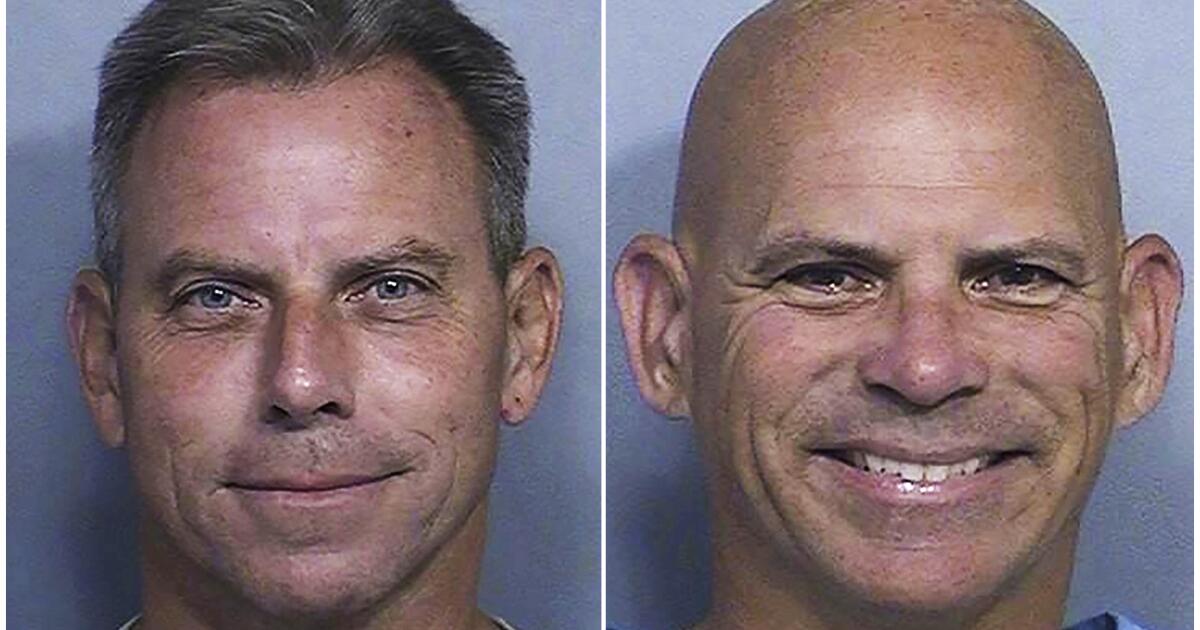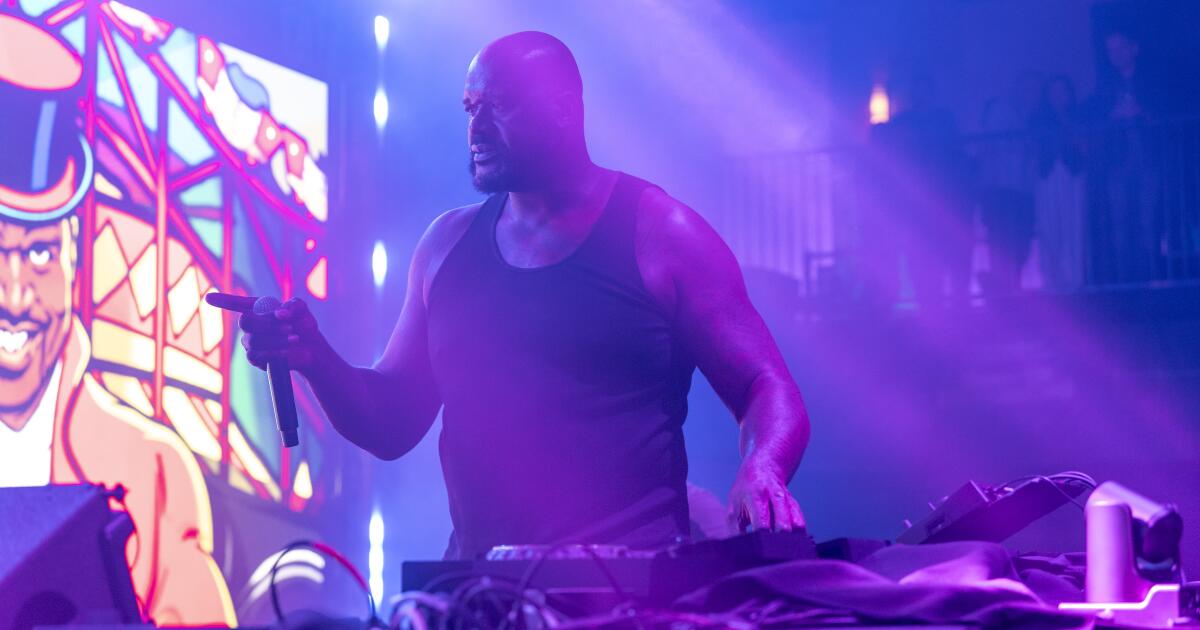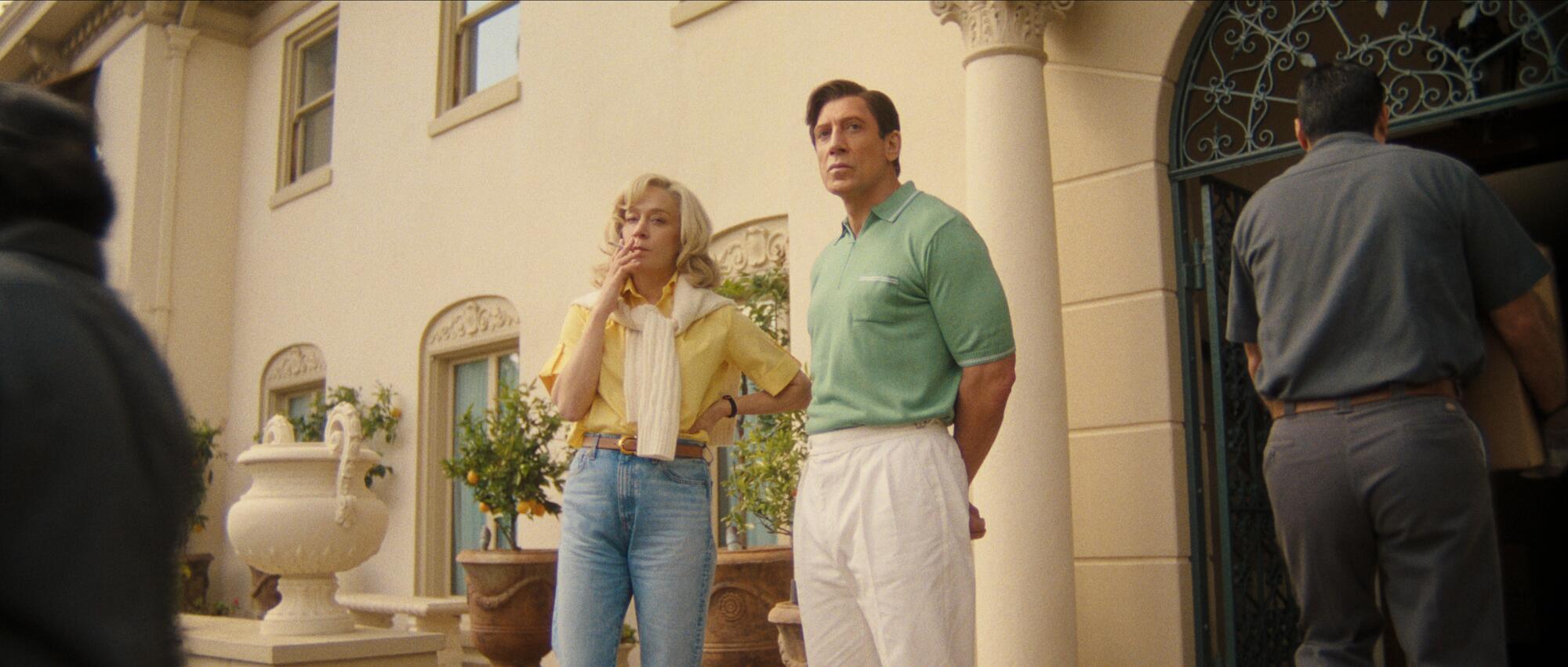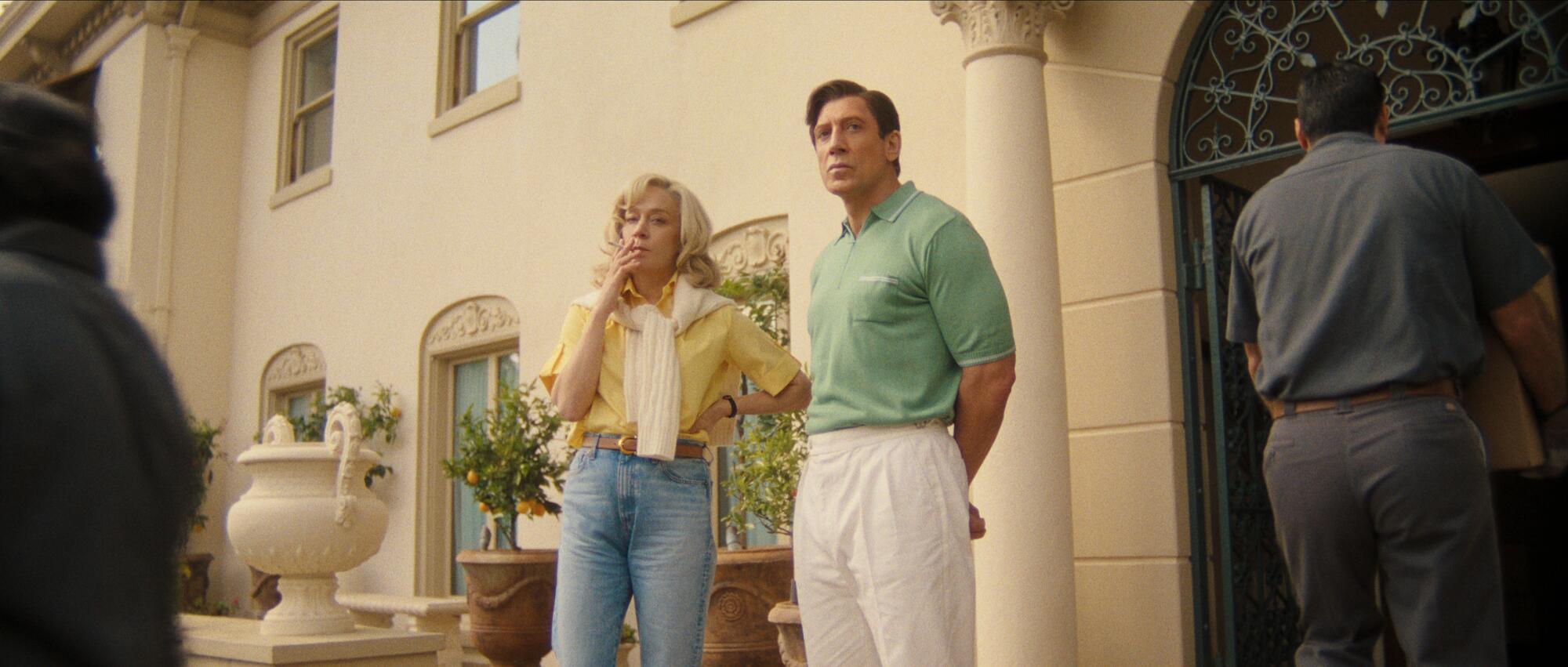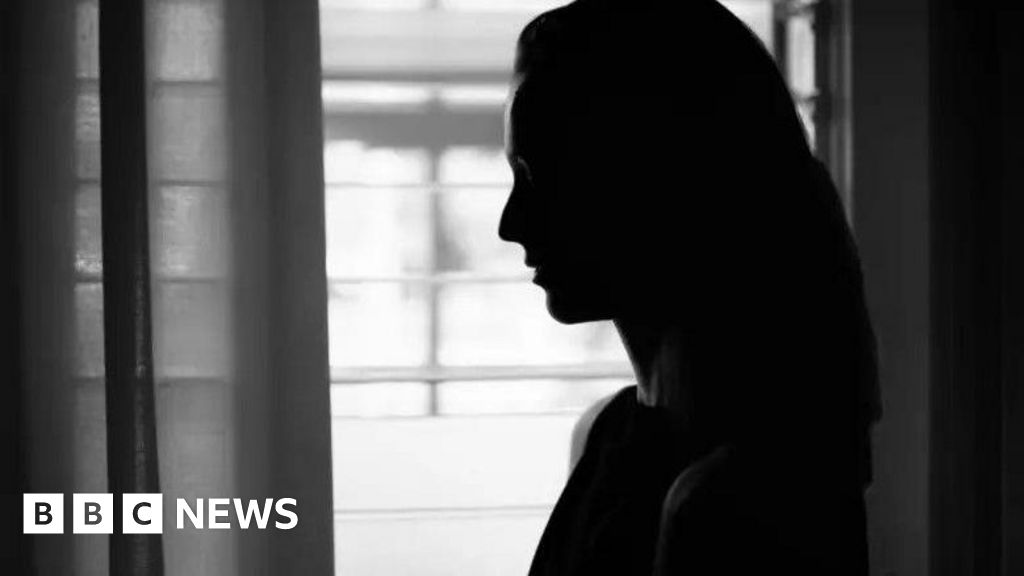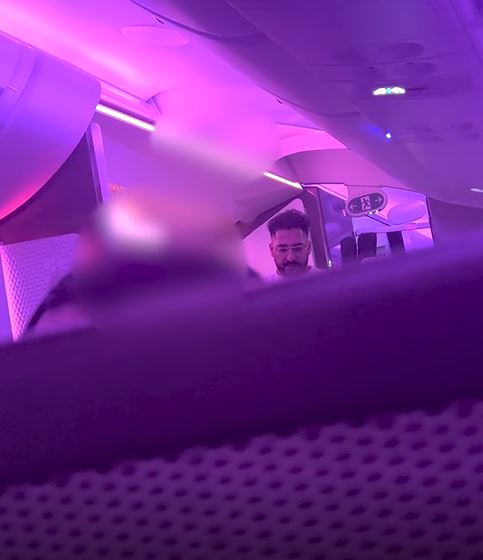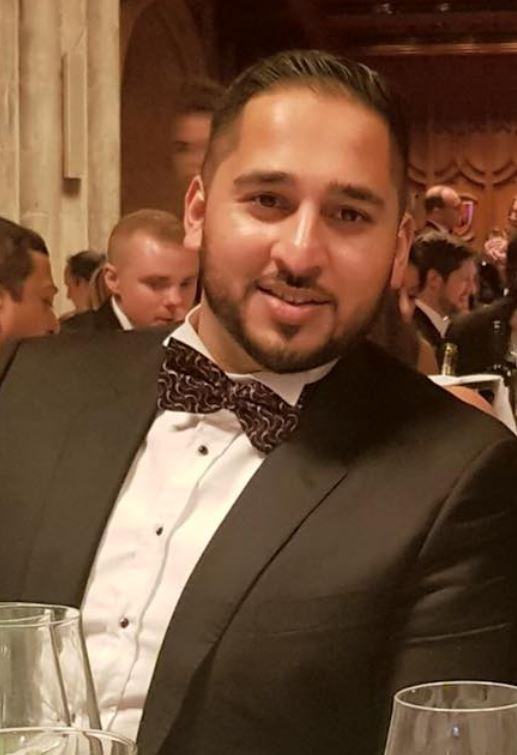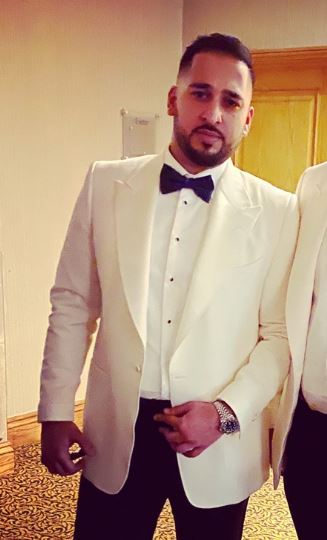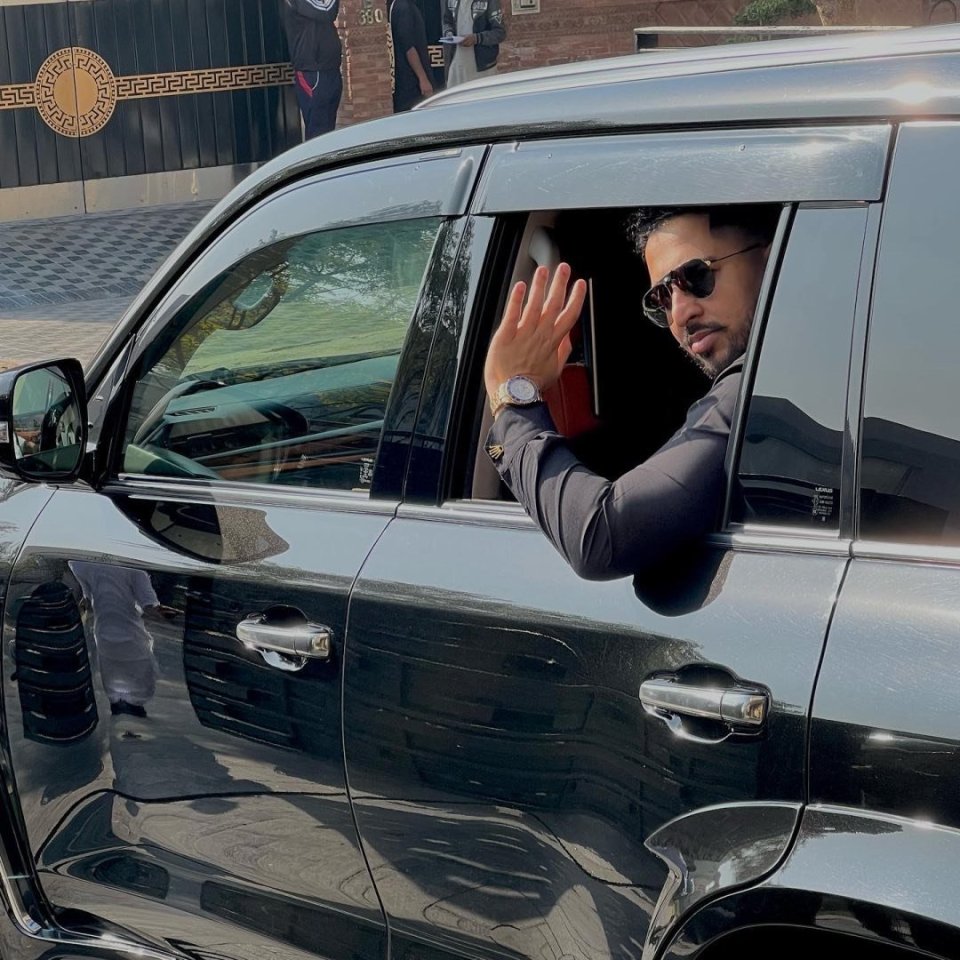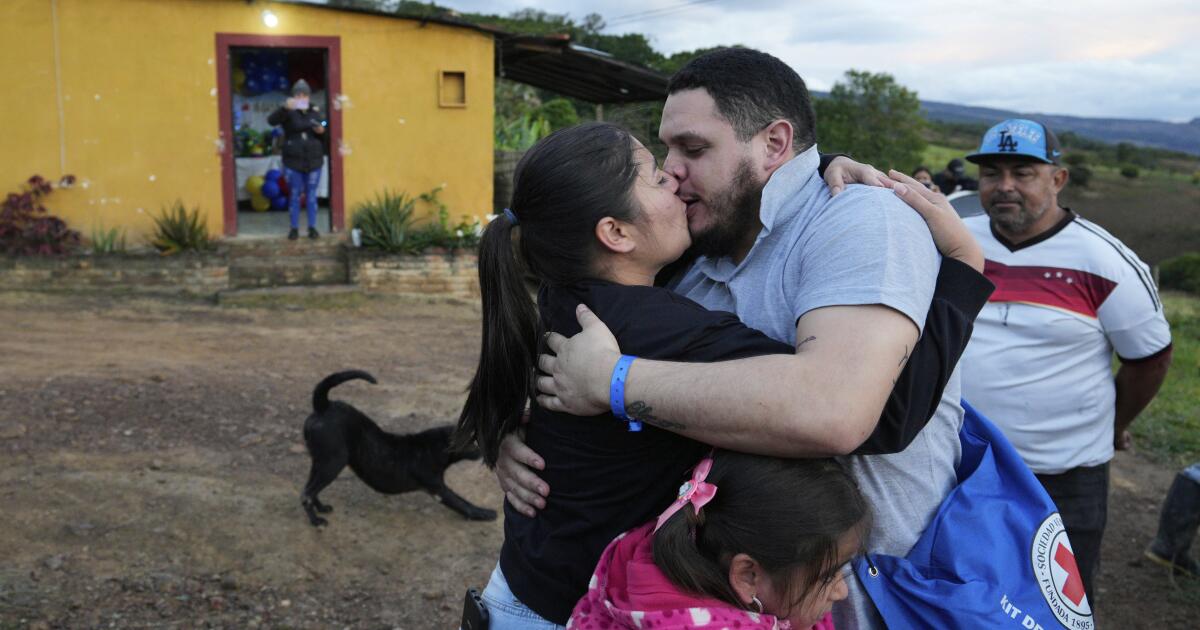A day or two after the March 3, 1991, beating of Rodney King, Johnnie L. Cochran Jr.’s law firm got a call from the victim’s family, wondering if the popular, but sometimes controversial, litigator would take the case.
Cochran was in court at the time doing what some say he does best: convincing a jury to fork over taxpayer dollars–about $2 million in this instance–to a citizen who had been abused by a person with a badge.
For the record:
12:00 a.m. Dec. 27, 1992 For the Record
Los Angeles Times Sunday December 27, 1992 Home Edition View Part E Page 5 Column 1 View Desk 2 inches; 44 words Type of Material: Correction
Death of Ron Settles–Regarding a Dec. 20 View profile of attorney Johnnie Cochran Jr.: A Los Angeles County coroner’s inquest jury ruled 5-4 in 1981 that Long Beach football star Ron Settles “died at the hands of another” while in the custody of Signal Hill police. No police officers were ever charged in the case.
So his secretary told the caller that Cochran wouldn’t be available for several weeks, Cochran says, dropping his head into his hands in mock despair.
Fourteen months later, as the riots triggered by the King verdicts waned, Cochran got another call. A community group wondered if he’d represent the men accused of beating trucker Reginald Denny at the corner of Florence and Normandie.
Cochran turned them down.
Then came an offer to represent the nation’s second most visible beating victim–Denny–and Cochran finally got a piece of this complex and pivotal moment in city history. In a sense, it was a moment to which Cochran’s whole career had pointed, leading like a long fuse from the 1965 Watts riot.
“What makes it ironic,” he says, “is that I’m black and he’s white.”
If that’s an irony, it’s not the only one.
Over the past decade, juries have awarded Cochran’s clients an estimated $35 million in county and city funds, mainly from lawsuits charging law officers with excessive force. Now Cochran’s anticipated civil suit for Denny and three other clients–a black, a Latino and an Asian–will charge that the LAPD failed to act with sufficient force in quelling April’s riots.
“That’s an irony,” Cochran allows, nodding. “It really is . . . “
*
Reggie Denny walks into Cochran’s office like a schoolboy visiting the principal for the first time.
“May I sit down?” he asks, as his 8-year-old daughter, Ashley, plops onto a couch wearing a T-shirt Cochran brought her from the Barcelona Olympics.
As usual, Cochran careers through topics, his mind working at the frenetic pace of Robin William’s animated genie in “Aladdin.”
The 55-year-old attorney never breaks into the cartoon genie’s refrain–”You ain’t never had a friend like me!” But Denny leaves little doubt that he views Cochran as a new best friend with almost magical powers.
As a photographer shoots, Cochran begins a semi-staged discussion of the claim he has filed with the city on Denny’s behalf, for an as-yet-unspecified–but “very substantial”–sum.
“I suspect that between now and the first of the year, we’ll get these massive rejections of the claims. Then we’ll come out and file our lawsuit. We’re ready. We’ve got a few little surprises for them. It’s going to be interesting,” Cochran says.
“Well,” Denny replies, his soft voice filled with admiration, “you know ‘em better than anyone.”
Later, when the meeting winds down, Cochran looks out the window of his Wilshire Boulevard office. In the parking lot 10 floors below, Cochran’s Rolls-Royce Silver Shadow, license plate JC JR is visible, parked across from the white crew-cab truck that was a gift to Denny–license plate IBARIOT.
Cochran gestures to a landscape that six months ago was dotted with plumes of smoke from the riots, but now is clear and calm.
“It looks like Utopia, doesn’t it?” he says, chuckling. “Unfortunately, it’s not, yet.” Then, with the charm of a master litigator addressing a jury, he turns to Ashley: “It’s going to be better when you grow up, OK, Ashley? It’s going to be a better world out there.”
Johnnie Cochran sees the pivotal point in his life as the day the 6-year-old and his family boarded a train to California, leaving his Shreveport, La., birthplace.
“This may not be the land of total promise, but I tell you, it’s a lot better than having been raised in Louisiana,” he says.
For a time, Cochran and his two sisters lived with their parents in the Alameda projects, before the family moved to San Diego and finally Los Angeles.
His father, Johnnie Cochran Sr., rose through the ranks of Golden State Mutual Life Insurance Co., while Hattie Cochran raised the children in a small house on 28th Street. The tight-knit family became a part of an old-fashioned watch-out-for-each-other community, attending Second Baptist Church, the political powerhouse to which Cochran still belongs.
After skipping a grade in elementary school, Cochran attended Los Angeles High School, where Dustin Hoffman was a classmate, and then went to UCLA and Loyola Law School.
Cochran had just moved into private practice from the city attorney’s office when Watts exploded amid charges of police brutality in 1965. Nine months later, a police officer made a routine traffic stop of a young black named Leonard Deadwyler, who was accompanied by his pregnant wife and young daughter.
The officer shot and killed him, and the case reignited the city’s simmering racial tensions.
Representing Deadwyler’s family, Cochran played the media, turning the case into a cause. In the end, though, his firm lost the case.
Still, the case showed Cochran that his “burning passion” lay in pursuing this social-change-through-lawsuit strategy.
Today, his firm’s blue-and-gilt brochure says that he and the eight attorneys working for him “have dedicated themselves to being the best that they can be, to eradicating injustice wherever encountered, and to enhancing the quality of life whenever possible for all citizens.”
The attorneys’ quality of life hasn’t suffered either.
Built into the counter that separates the firm’s reception area from its plush offices is an electronic message sign. Lately, its red dots have flashed this message to one of the firm’s young attorneys who just won a nice judgment: “Congratulations, Carl! Welcome to the million-dollar club!”
Cochran had earned his first Rolls-Royce by the mid-1970s.
In 1978, though, he took “a five-fold pay cut” to become third in command of the 900-person Los Angeles County District Attorney’s office. He arrived just after controversy erupted over the shooting of Eula Love, a black woman killed by police after she threatened them with a kitchen knife. Cochran helped create a special “roll-out” team to investigate officer-involved shootings.
Despite his growing legal stature, he was not immune to racial stereotypes.
One evening as he drove his three children home after a show at Magic Castle, red lights appeared in the rear-view mirror of Cochran’s Rolls.
“Out of the car!” the loudspeaker boomed. “Get your hands over your head.”
Cochran knew enough to comply. With his children watching, he edged over to the sidewalk as police officers kept him fixed in the sights of their service revolvers.
When the officer rummaging through the designer bag Cochran carries spotted his D.A.’s badge, the scene changed abruptly. But it taught Cochran a lesson–the same one he gets each time he goes to New York City and watches helplessly as a stream of cabbies refuse to pick him up, he says: “It can happen to anyone who’s black.”
Cochran’s work as a prosecutor was widely lauded. In 1979, the California Trial Lawyers Assn. named him its “Outstanding Law Enforcement Officer.” He left the D.A.’s office in 1981, and nine years later the same group named him “Attorney of the Year”–in part because of his success in suing law-enforcement officers.
Cochran’s skills landed him posts teaching trial tactics and techniques at UCLA and Loyola law schools. His vita grew into a seven-page catalogue of awards, appointments and commendations that range from inclusion in the Los Angeles High School Alumni Hall of Fame in 1987 to being profiled this year by National Law Journal as one of “Ten Litigators Who Stand Apart From the Crowd.”
“He is not a person that pounds the table and screams at the jury,” says Superior Court Judge Stephen M. Lachs, who presided over a trial in which Cochran sued the state on behalf of a man killed by the California Highway Patrol. “He is just very nice and likable. There’s no doubt that he was very, very effective in reaching jurors’ emotions. But in a subtle way.”
Adds Ricardo Torres, presiding judge of Los Angeles County Superior Court: “He’ll charm everybody, but especially the jury. He just exudes ability. . . . I can’t think of anyone, especially a trial litigator, I’d rather talk to.”
Other powerful figures also seem to enjoy Cochran’s company.
On the cabinet behind his desk is a large picture of Cochran with Mayor Tom Bradley, his Kappa Alpha Psi “big brother” at UCLA, and two smaller shots of him shaking hands with President-elect Bill Clinton.
Cochran hit Little Rock, Ark., for the victory celebration, and recently ricocheted on a round-trip red-eye from Washington–where he has an office–to chat with Vernon Jordan about getting minorities into the Clinton Administration.
“Do you know that only one U.S. President in history has ever gone to Africa?” he asks. “There’s never been an undersecretary for African affairs who’s been an African-American. . . . We talked about that.”
Cochran’s encouragement of African-American inclusion doesn’t stop at the top, people say. “As a kid,” says community activist Kerman Maddox, “I remember watching the Deadwyler case on TV. We’d have family dinners and talk about this young, smart, black attorney who was taking on that case.”
Later, when he and his friends saw themselves as young, smart, African-American “nobodies,” Maddox says, Cochran took time to help them figure out “how does one make it in Los Angeles?”
Cochran’s way has not won universal approval.
Attorney Stephen Yagman objects to the way Cochran–whom Bradley appointed to the prestigious Board of Airport Commissioners in 1981–straddles Los Angeles’ legal and political fences.
“Johnnie Cochran trades on the fact that he is politically connected to the Establishment,” says Yagman, who often is listed alongside Cochran as one of the nation’s top police-abuse litigators. “He long has had intimate connections with Mayor Tom Bradley and City Atty. Jimmy Hahn, while at the same time bringing suits against the LAPD.
“In my opinion, there is a conflict of interest between a person who is a city official–who, in fact, administers one of the city’s police forces, the airport police–suing the city . . . It creates the appearance of favoritism by the city attorney’s office and the mayor’s office.”
Earlier this year, a deputy city attorney with the police litigation unit raised just that issue when Cochran’s firm filed suit on behalf of a teen-age girl who had been molested by an off-duty LAPD officer. Jim Pearson, chief assistant city attorney under Hahn, told the deputy that the office had long ago decided there was no conflict in such matters.
The deputy’s motion to disqualify Cochran was withdrawn, Cochran won a record $9.4-million judgment against the city and was awarded another $300,000 in attorney’s fees.
In 1990, The Times included Cochran in its investigation of dubious dealings by Bradley appointees.
The stories pointed out that Cochran and his wife, Sylvia Dale, hosted a Bradley fund-raising dinner at their home, which was attended by people who did business with the airport commission. The stories also noted that Betty Dixon, wife of Rep. Julian Dixon (D-Los Angeles), received a concession contract at LAX two years after her husband appointed Cochran to an important House ethics commission post.
Cochran acknowledges that such matters could well lead to suspicions of conflict of interest. He maintains, however, that he has never knowingly solicited contributions from people doing business with his commission.
As for Dixon, Cochran says that the commission granted a contract to a respected concessionaire, which contracted Dixon as part of its aggressive minority hiring program. He says that he was not involved.
On Dec. 4, Dist. Atty. Ira Reiner, in one of his last actions before departing office, closed an investigation of Cochran and 12 other Bradley aides and appointees that had been spurred by The Times’ report. Because of insufficient evidence and the statute of limitations, Reiner concluded that no charges would be filed.
Again, eyebrows might raise, Cochran concedes, since he has raised funds for Reiner in the past, and lists him, Bradley, and James Hahn among others as personal references.
Cochran says that such entanglements are unavoidable for anyone with his political involvement. And there are plenty of political types who value those ecumenical connections. There are, in fact, fans who suggest Cochran should run for mayor.
His answer: “Absolutely not. You’re looking at a guy who is extremely happy with what he is doing.”
Plus, he says, he can do more behind the scenes: “I don’t want to sound like a conservative all of a sudden. But government’s not going to be able to solve all our problems.”
Some big settlements he’s won, Cochran says, allow him to plow money back into the community. He sponsors a UCLA scholarship fund for young African-Americans, and a 10-unit housing project named after his parents, which he contributed to in collaboration with the Community Redevelopment Agency, opened last week on Redondo Boulevard, just west of the Crenshaw district.
Even with such contributions, some contend that many judgments and settlements Cochran wins do more harm than good.
“Mr. Cochran and the attorneys who do those lawsuits . . . have created the perception that law enforcement and peace officers aren’t accountable to anyone,” says Shawn Matthers, president of the Assn. for Los Angeles Deputy Sheriffs. Brutality-case attorneys, whom he calls “the ambulance chasers of the ‘90s,” have turned that misperception “into a cash cow of deep-pocket liability at an enormous cost to the taxpayers.
“Our perception is that Los Angeles County is an increasingly violent place. . . . Until the politicians respond to the fact that there’s that level of violence, nothing is going to change.”
Cochran, however, thinks that hitting government in the pocketbook is often the only way to make it change.
He cites the highly publicized Ron Settles case in 1983. By exhuming the young black man’s body, Cochran was able to convince a jury that Settles had not hung himself in a Signal Hill jail as alleged, but rather had been killed by the Signal Hill police.
As a result, that allegedly racist police department instituted sweeping reforms.
Now Cochran believes the King case may have a similar effect in Los Angeles.
* When the rioting triggered by the King verdicts broke out, Cochran was at a television station urging calm.
“I don’t care if you’re black, brown, Anglo, Asian or Native American,” he says, “all of us were fearful of what we saw that day. If you love Los Angeles, you don’t want to see it burn down. That doesn’t take away for one minute the sense of frustration people felt over that verdict. But you can vent your frustrations without burning down your entire community.”
After the riots, when he was asked to represent members of the so-called “Reginald Denny 4,” Cochran recoiled. He has little patience with those who would excuse whomever attacked Denny: “If anyone is totally honest with themselves, there is no justification to what happened there. . . .” The people who attacked Denny, whoever they are, “are not heroes and I hope they don’t become martyrs.”
Nor does he agree that the system that failed to convict King’s attackers should be overthrown. “It’s not a perfect system,” Cochran argues, “but it’s the best system that the world has devised. So what we have to do is keep fighting and talking about it.”
When he was approached to represent Denny, some dissension surfaced in his all-black firm. Cochran told his colleagues that the case was not about race, but rather “about human beings versus human beings, about the kind of conduct you can engage in.”
Cochran smiles at the irony that the man who has hammered the LAPD for excessive force now charges that it abandoned part of the city to the lawless.
But, he says, “I don’t think it’s necessarily a contradiction. . . . One of the burdens we have to prove in a violation of civil rights case is that the officers have a callous disregard for the safety of an individual. That’s pretty much the same burden I’ve got to prove in this case for Denny.
“I think that it’s a variation on a theme. But I think it’s totally consistent. We’re saying, would you have done this in Westwood? Would you ever have pulled back?
“The answer is ‘no.’ ”
